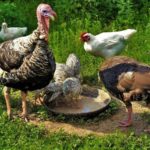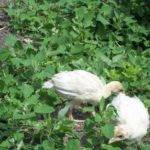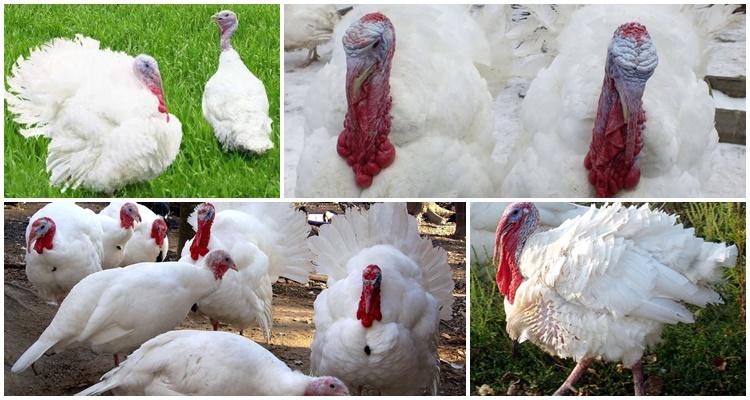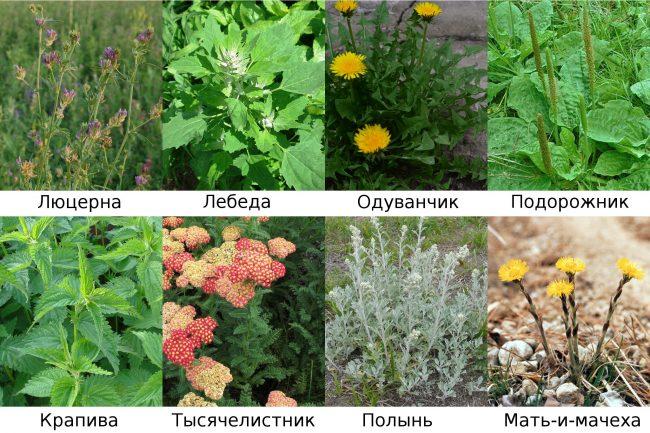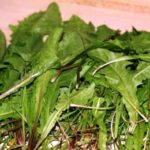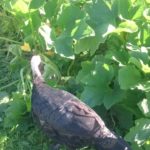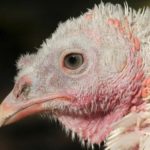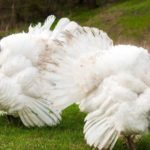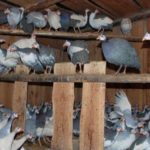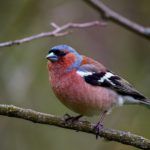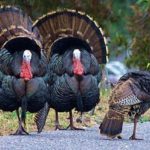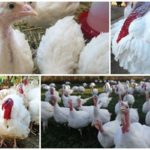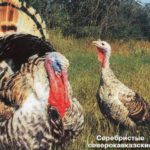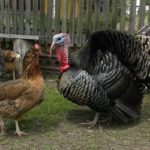Turkeys are kept at home for meat and eggs. High-quality products are the result of proper care and feeding of poultry. Beginning farmers are interested in the question of what grass can be given to young and adult turkeys. Poultry farmers must know what to feed their birds so that the meat and eggs contain many nutrients. With a well-designed diet, turkeys grow healthy and actively gain weight.
What grass can be given to turkeys?
Poultry is not picky when it comes to nutrition, which becomes an advantage for its breeding. But not all herbs are good for turkeys. Feeding habits also depend on the age of the individual.Wild and forage grasses act as a source of vitamins.
Forage grasses
Fresh greens grown in summer cottages and gardens are beneficial for birds. Green young onions are considered the most useful of all. It contains a large number of useful substances. Green onions are an excellent antiseptic and improve digestion. Garlic shoots also kill harmful bacteria in the bird's stomach. Onions, garlic, and dill are added to the diet in large quantities to help birds gain weight.
In the spring, turkeys are given nettle sprouts as a vitamin supplement. At this time, the grass contains the maximum amount of vitamins and acids. Nettle is absolutely harmless to the health of birds. For convenience, it is crushed and added to the feeder. Almost any garden plot grows garden sow thistle, which turkeys love so much.
One-month-old turkeys are introduced to their diet with vegetables: pumpkin, zucchini, potatoes. In addition to vegetables, birds are given fruits and berries. The fruits contain vitamins, fructose, and minerals.
Wild herbs
Starting from the age of one month, the young animals are released to pasture. Meadow grass is a storehouse of vitamins and nutrients necessary for the health and growth of poultry. If possible, poultry farmers specially sow fields with clover and alfalfa. For normal functioning of the digestive system, it is useful for birds to consume dandelion, nettle, and quinoa leaves.
To make it easier for turkeys to eat wild plants, the grass is chopped or finely chopped. At two months of age, young animals begin to independently eat grass from the meadows.Turkeys also actively eat aquatic vegetation. It is fed separately or added to various mashes.
Turkeys' diets should also contain wormwood. This is a medicinal plant, rich in flavonoids and phytoncides, which improve immunity and help cope with pathogenic bacteria and microorganisms.
Farmers begin feeding wild grasses to poultry in early spring, when young shoots appear. During the flowering period, poultry farmers make hay, preparing the grass for the winter.
What should you not give?
Not only useful types of grass grow in meadows and fields, but also poisonous plants. Therefore, turkey grazing is carried out under the control of the farmer.
Types of plants that can harm turkeys or even kill the bird:
- whiteheads;
- lily of the valley;
- buttercup;
- wild rosemary;
- celandine;
- wolf's bast and others.
These herbs are prohibited and should be completely absent from the diet of poultry. Before grazing in the fields, the farmer conducts a preliminary inspection of the territory, making sure that harmful vegetation does not grow in these areas.
Organization of grazing
Turkeys spend daylight hours on pasture, which significantly reduces the cost of purchasing feed. The farmer arranges daily walks for the birds. The young animals begin to be walked for 2-4 hours a day. As the birds grow older, the grazing time increases. Adults spend the whole day on pasture.
The farmer must take care in advance about the comfortable and safe stay of the birds in the meadows. The area must be cleared of debris, foreign objects, and snags.In spring, the land is sown with alfalfa, clover, and vetch. Such herbs grow quickly and are most beneficial for turkeys. It is advisable to choose a grazing place with a source of drinking water. The presence of shade in the area is also important for birds to prevent heat stroke.
How to make preparations for the winter?
To provide poultry with vitamins and nutrients in winter, hay is prepared from fresh grass. The collected silage is dried, tied into bundles and hung in the poultry house. For brooms, only healthy vegetation is selected, without pest damage. Dry the preparations in the shade to preserve the nutritional value.
The following types of plants are used for silage:
- young ears of corn;
- cabbage leaves;
- green grass during budding;
- nettle;
- cereals;
- carrots with tops;
- beets with tops.
Diet and diet of turkeys depend on age and time of year. Nutritional characteristics directly affect the intensity of growth and development of the bird. High-quality feed and the required amount of food contribute to the appearance of healthy offspring in turkeys; the farmer receives tasty and healthy meat and eggs.


